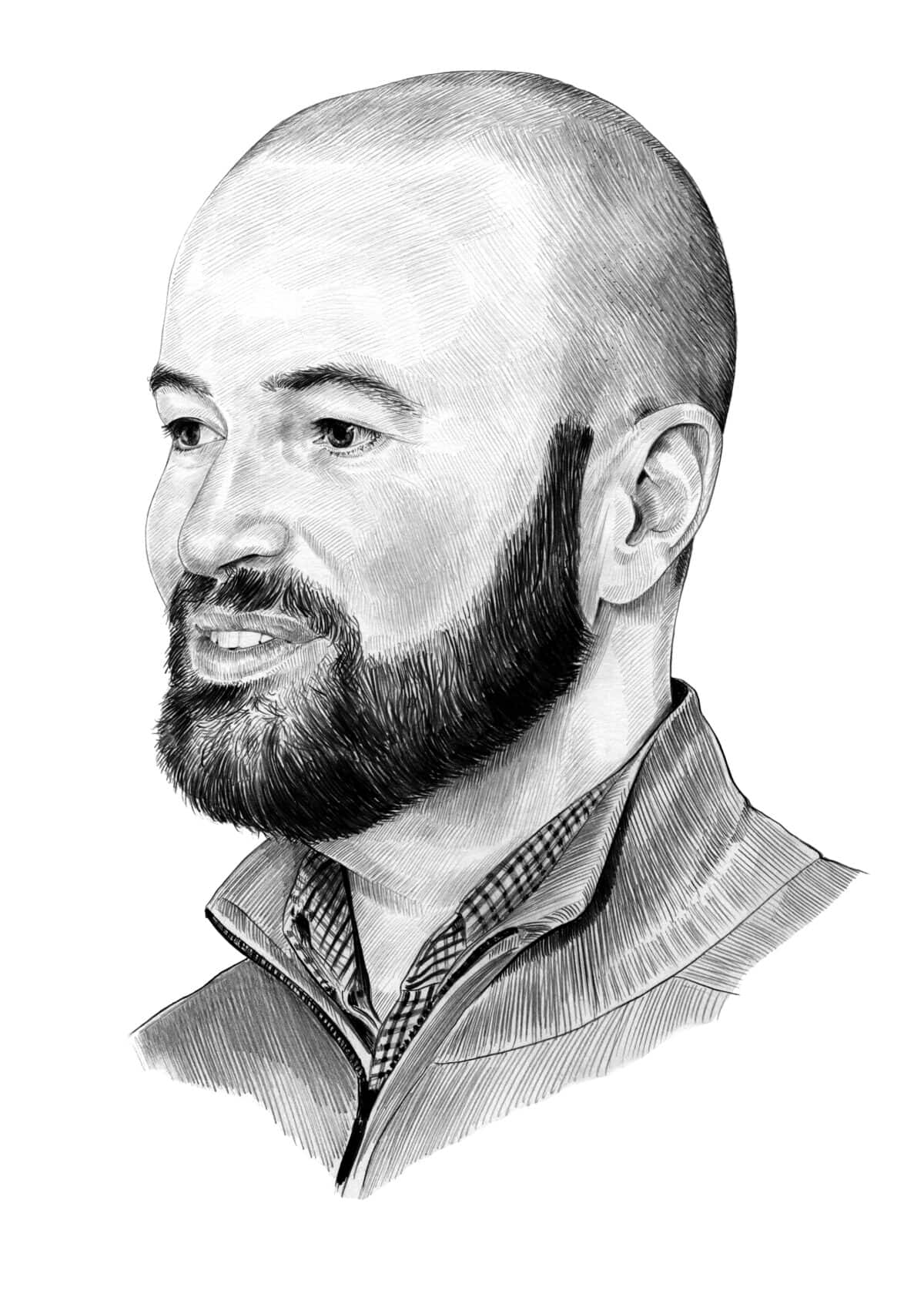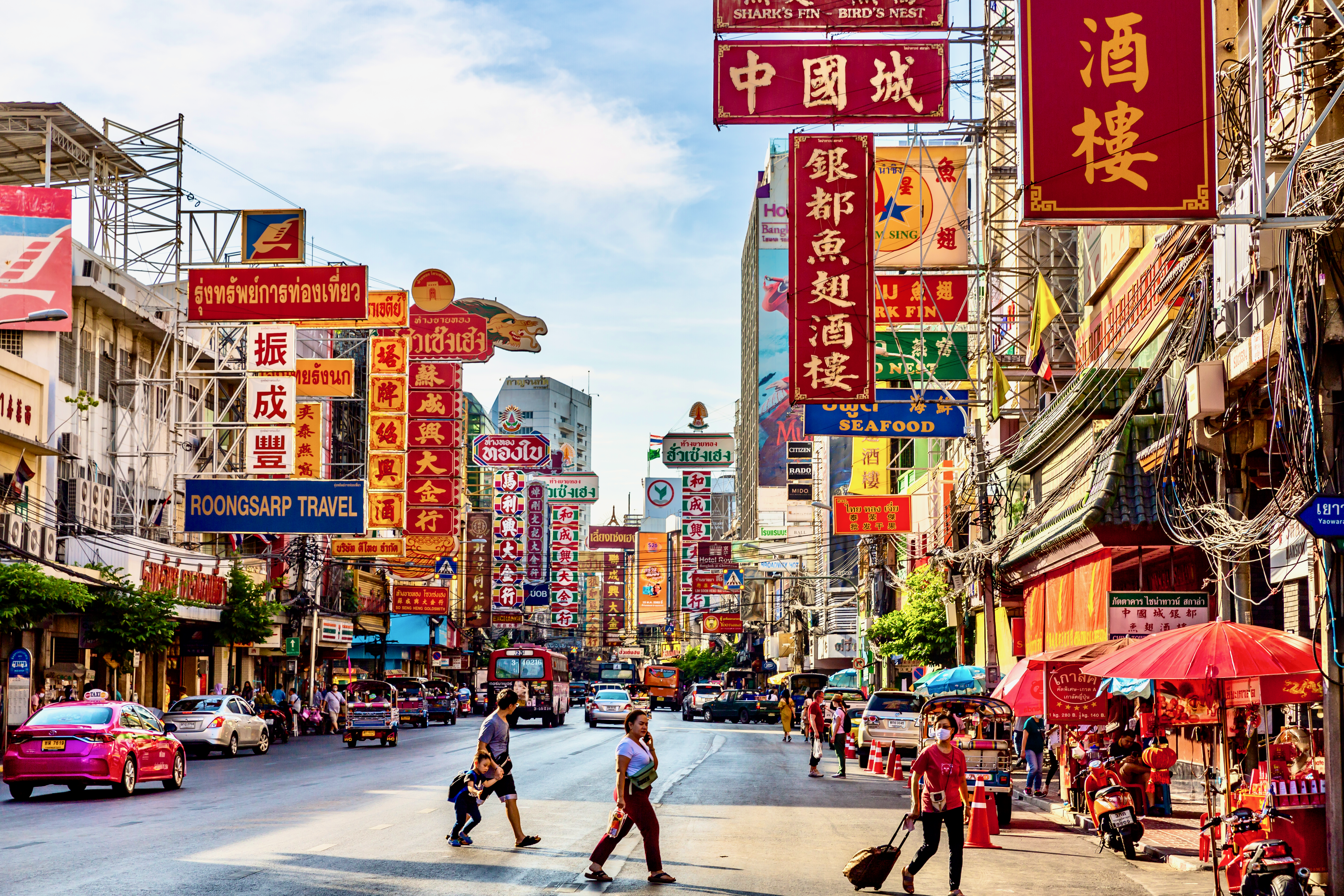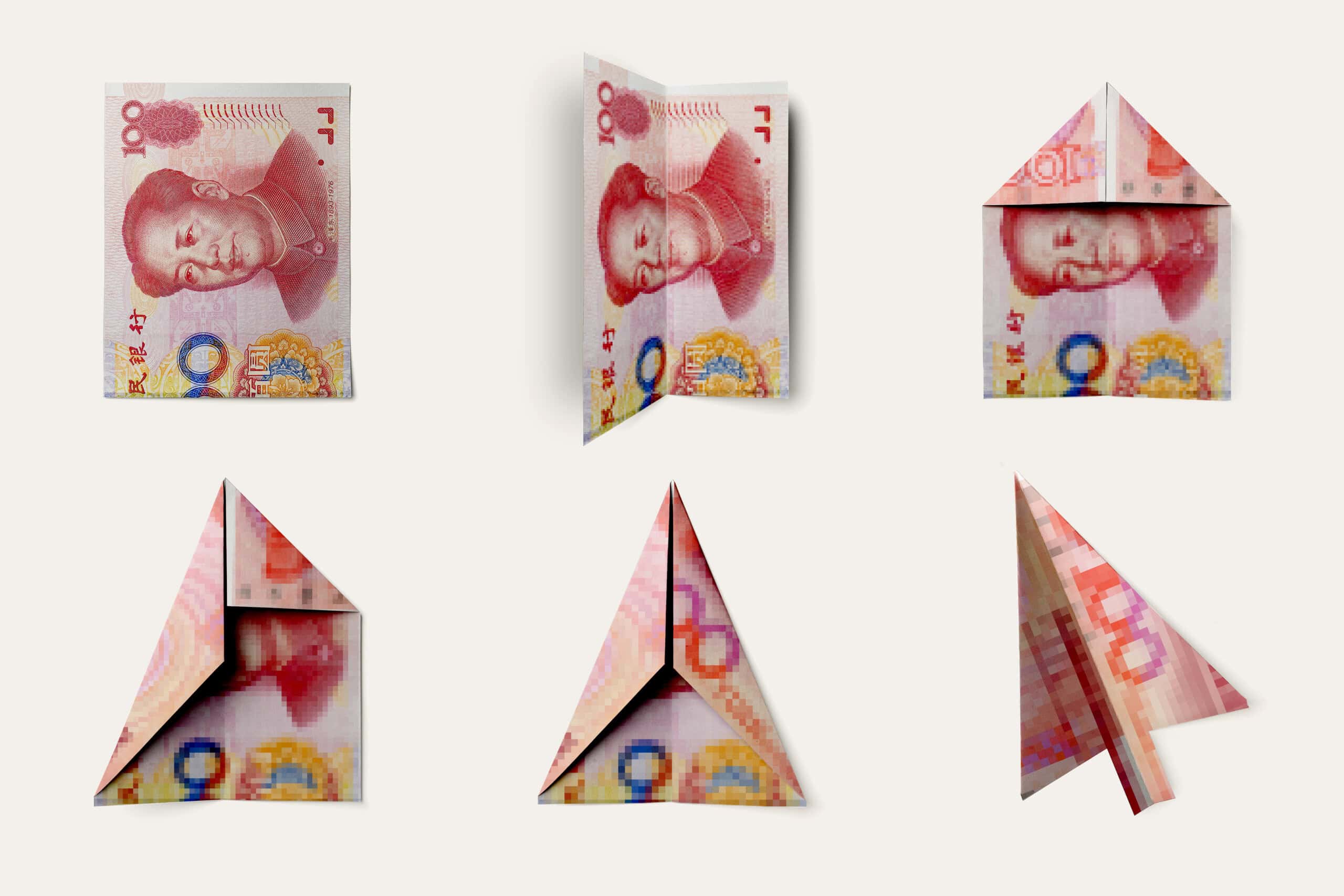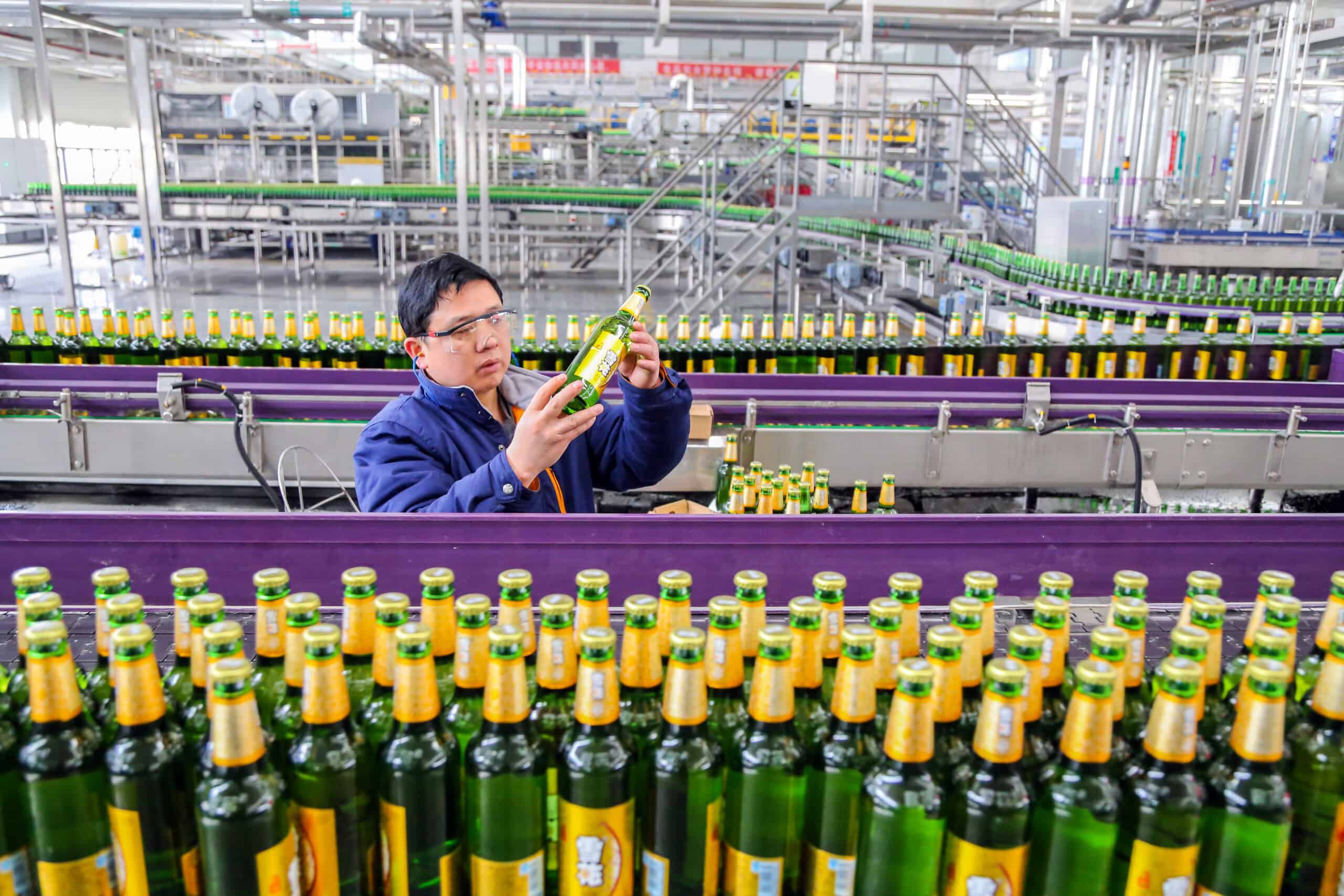Good evening. Matt Pottinger, the deputy national security advisor under Trump, is known for being one of America’s biggest China hawks. But in his new book, The Boiling Moat: Urgent Steps to Defend Taiwan, he makes the case that the real hawk is Xi Jinping — and if the U.S. wants to avoid a devastating war over Taiwan, urgent steps need to be taken. Our cover story this week is excerpted from Pottinger’s book and is his argument to take both Xi Jinping and the need for deterrence more seriously.
If you’d like to hear Pottinger discuss the book, our sister publication, China Books Review, is hosting a panel with him at the Asia Society in New York on July 1st at 6:30pm. Other guests include Winston Lord, Zongyuan Zoe Liu, Jianying Zha and Orville Schell. (And to learn more about what Pottinger is up to lately, don’t miss our piece on Garnaut Global, his firm with John Garnaut.)
Elsewhere in our magazine this week, we have infographics on the rare earth rumble currently taking place in Australia; an interview with Jonathan Chatwin on the significance of Deng Xiaoping’s ‘Southern Tour’; a reported piece on the toll of tariffs on U.S. companies; and an op-ed about how a move from Hong Kong to Bangkok revealed China’s true economic power. If you’re not already a paid subscriber to The Wire, please sign up here.
Want this emailed directly to your inbox? Sign up to receive our free newsletter.

The Case for Deterrence
Xi Jinping has vowed to “reunify” Taiwan with mainland China through force of arms if necessary. The U.S. and its allies should take him at his word and take several urgent steps to convince him that such an action would be a grave miscalculation. In an excerpt from his new edited volume, Matt Pottinger makes the case for deterrence.

The Big Picture: The Rare Earth Rumble
A corporate drama in Australia has high stakes for the West’s quest to build a critical minerals supply chain independent of China. This week’s infographics by Aaron Mc Nicholas look at a group of Chinese investors that have been trying to expand their influence over Northern Minerals.

A Q&A with Jonathan Chatwin

Jonathan Chatwin is a travel writer and journalist whose previous books include Long Peace Street: a Walk in Modern China and a biography of his uncle, Bruce Chatwin. In his latest book, Chatwin covers the period leading up to and during Deng Xiaoping’s famous Southern Tour, when the aging politician reasserted his influence over the direction of China’s politics and economy just three years after he had presided over the disastrous Tiananmen Square protests and massacre. In this week’s Q&A with Andrew Peaple, he talks about why the aging Chinese leader’s trip to the south in 1992 became a landmark in the country’s reform and opening up era, and why Xi Jinping is still dealing with the consequences.
Jonathan Chatwin
Illustration by Lauren Crow

The Tariff Toll
Tariffs have become a staple of the U.S.’s China policy, but a failure to enforce them properly is creating problems for American companies. Katrina Northrop reports.

How a Move to Bangkok Revealed China’s Economic Power
Shai Oster, a strategic consultant and Pulitzer Prize-winning former journalist, lived in Hong Kong for 12 years. But, he says in this week’s op-ed, it wasn’t until he moved to Bangkok that he finally saw how China’s economic influence is spreading.
Subscribe today for unlimited access, starting at only $19 a month.



